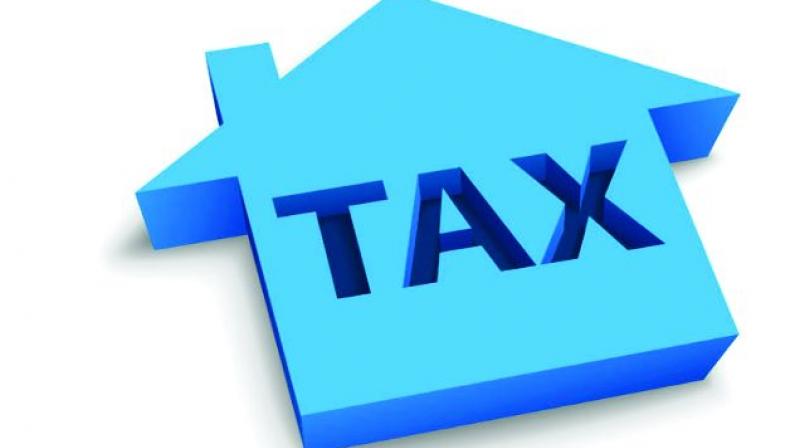Income tax relief on way, threshold may be doubled

New Delhi: The Narendra Modi-led NDA government’s election doles may continue well into this year’s interim budget. Plans are being lined up in the North Block to lure the salaried and pensioners with additional tax sops.
Unlike in the past, where a vote-on-account or approval for essential government spending for a limited period was taken in an election year, the government is set to present an Interim Budget on February 1, the sixth and last budget presentation of it before the general elections.
Sources said that finance minister Arun Jaitley may double the income tax exemption threshold for the salaried from the present Rs 2.5 lakh to Rs 5 lakh while also reinstating tax-free status for medical expenses and transport allowance.
Currently, income up to Rs 2.5 lakh is exempt from the personal income tax. Income between Rs 2.5 lakh and Rs 5 lakh attracts 5 per cent tax, while that between Rs 5 lakh and Rs 10 lakh is levied with a 20 per cent tax. Income above Rs 10 lakh is taxed at 30 per cent. The exemption limit of Rs 5 lakh is applicable only to individuals over 80 years of age.
Also, tax-free medical expenses up to Rs 15,000 and transport allowance up to Rs 19,200 per annum has been replaced in the last budget with a Rs 40,000 standard deduction for those earning above Rs 5 lakh last year.
“Almost all the previous budgets of this government have provided some relief to the salaried class who are among the most honest tax payers of the country. We will try to do something for this group even this year within the limitations of the interim budget,” said a source privy to the development.
While the idea for additional sops is to maintain continuity in policies followed by this government, the proposal for fresh income tax dole is largely seen as an election lollipop to lure the middle-class, which seems to be distancing itself from the ruling party over initiatives like demonetisation.
In his bid for re-election, the Modi government is using various strategies to attract the voters, like the recently announced 10 per cent reservation for the upper class who earn less than Rs 8 lakh a year. The expected increase in IT exemption threshold will also help the government arrest opposition to this reservation, as it will take out a large portion of those earning up to Rs 8 lakh per annum from the higher 20 per cent tax slab.
Apart from exemption threshold, the interim budget is also widely expected to restore the tax-free status of medical expenses and transport allowance (subject to a ceiling) while withdrawing the standard deduction. Pensioners could also be given additional tax sops.
The middle-class may also cheer some of the other proposals of the interim budget such as customs duty reduction on a host of consumer goods. Already, the GST Council has rejigged duty and brought several items on lower rates.
Industry bodies such as Assocham, CII and Ficci have been very vocal on the need for more changes in the tax structure even in the interim budget. In its pre-budget recommendations, the Confederation of Indian Industry (CII) has urged the government to double the income tax exemption threshold to Rs 5 lakh and increase the deduction limit under Section 80C to Rs 2.50 lakh to incentivise savings.
The chamber has also suggested lowering the highest personal income tax slab to 25 per cent from 30 per cent and cut in corporate tax rate to 25 per cent, irrespective of turnover, to be eventually brought down to 18 per cent in phases.
The budget session will be held from January 31 to February 13 and Jaitley will present the Interim Budget on February 1. In line with the above schedule, the Economic Survey, which is typically tabled a day or two ahead of the Budget announcement, is expected to be presented on January 31.

